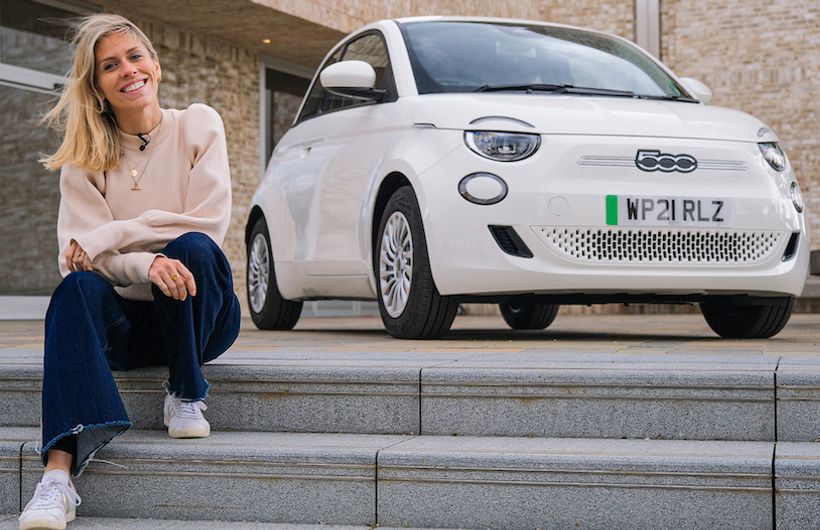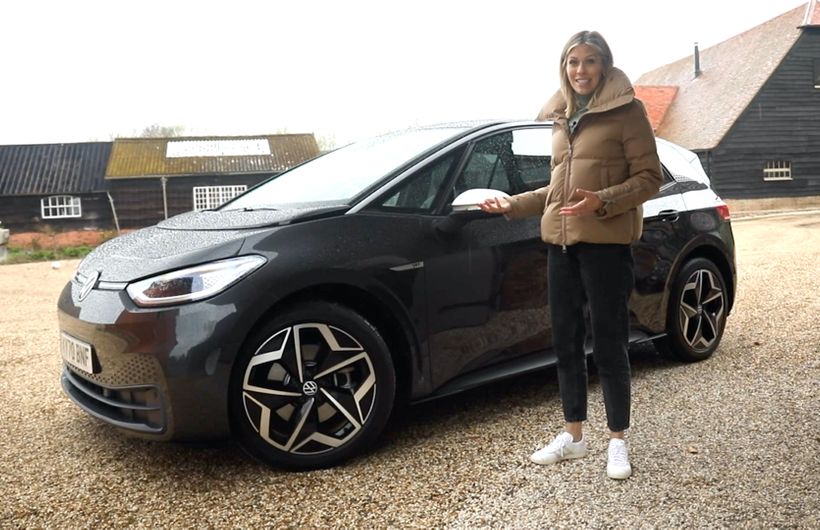Don’t be pointless
If you’re thinking you can get by with just the three-pin plug socket which you usually use for the lawnmower or Christmas lights, forget it. You’re going to need to get a dedicated charge point installed at your house. Besides being safer and faster, most of the points have tethered cables, which means they’re permanently attached to the charger, so you don’t need to fish them out of your boot every time you want to plug in.
Getting a point installed should be fairly painless, depending on where you want it screwed to your house. If you are buying a car new, the dealer will be able to help guide you through the process. If you don't want to go through these companies, you can arrange it yourself using a local electrician. The government will even contribute £350 to the cost of the installation if you are a business or a tenant and use a registered installer. In Scotland there’s even more cash available, with an additional £300 up for grabs from the Energy Savings Trust Scotland.
Bear in mind though that the installer won’t be happy if you have old wiring, an antique fuse board or want to install the point somewhere unusual. They will happily spend a few hours at it but are not going to tunnel under your ornamental pond and block-paved driveway to run a cable. If you think you might need a bit more work, it might be best to get your own electrician to do the basic preparation and upgrades and call the installer in last.
If you’re in rented accommodation or a communal car park, you’re going to have to make some calls to ask permission for the work too. Most landlords and management companies will have had some experience of this by now, but don’t expect your neighbours to pay for your car charging from a communal electricity bill.
It sounds like hassle, but you’ll only need to do it once and then you have your very own filling station on your driveway.
Order of service
The reliability of electric cars was one of the biggest question marks when they started to become more popular at the beginning of the last decade. It was new technology, and no-one knew if it was going to stand up to regular use.
But now we have a few years’ experience, and it all seems good. Pure electric cars have far less to go wrong than the equivalent petrol or diesel and this shows when you get your servicing bill. There’s no oil to change, emissions to check, fuel to filter or clutch to fix. As the brakes are used less thanks to regenerative braking (where the energy used to slow down is sent back to the battery) those parts last longer too. As a cost comparison, a BMW i3 service plan is around £11 per month compared to £16 for a petrol MINI. The cheapest plans we could find was on any electric MG model, where drivers covering fewer than 10,000 miles a year can get a plan for just £72 per year.
Many electric cars also have long warranties and most makers cover their batteries for eight years or 100,000 miles. This can be slightly misleading though, as the guarantee small print usually says the pack will only be repaired if the capacity dips below 70% of its original level. Even then, the manufacturer is only obliged to get the battery back over the 70% mark after a claim. While this seems cheeky, claims are very, very rare and even mega-mileage taxi drivers report their batteries are still fine.
![Hyundai Ioniq]() Dedicated home chargers are safe and convenient
Dedicated home chargers are safe and convenient  Never have to visit a petrol station again. Unless you want to!
Never have to visit a petrol station again. Unless you want to! 














